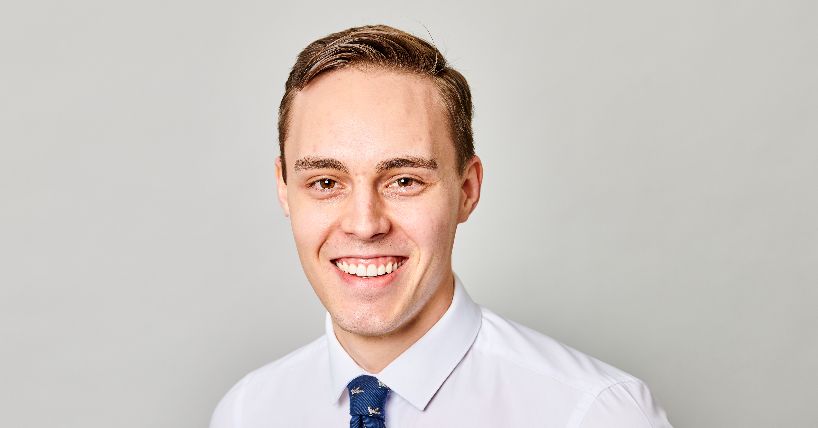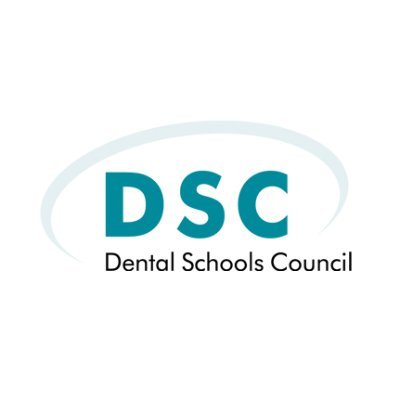A press release from the International Association for Dental Research (IADR) has highlighted a study looking at Local Exhaust Ventilation (LEV) from the Newcastle Dental Aerosols Research Group.

Ten-minute crown preparations were performed on a dental mannequin with an air-turbine handpiece in a large open plan clinic, and full mouth ultrasonic scaling was performed for ten minutes in a single dental surgery. Fluorescein was added to instrument irrigation reservoirs as a tracer. In both settings, Optical Particle Counters (OPCs) were used to measure aerosol particles between 0.3 – 10.0 μm and liquid cyclone air samplers were used to capture aerosolised fluorescein tracer. An LEV device with High Efficiency Particulate Air (HEPA) filtration and a flow rate of 5,000 L/min was tested during the experiments.
“This study shows that the effect of LEV was substantially greater than suction alone for the air-turbine and was similar to the effect of suction for the ultrasonic scaler. While no mitigation measure alone will completely eliminate risk, LEV appears to be a useful approach, which in addition to other measures, substantially reduces dispersion of aerosols, and therefore risk of exposure to pathogens.”
IADR President, Professor Eric Reynolds; The University of Melbourne, Australia
The results show that using LEV reduced the dispersion of aerosols from the air turbine handpiece by 90% within 0.5 m, and this was 99% for the ultrasonic scaler. The settling of larger droplets was also measured for the air-turbine, and this was reduced by 95% within 0.5 m when LEV was used.





